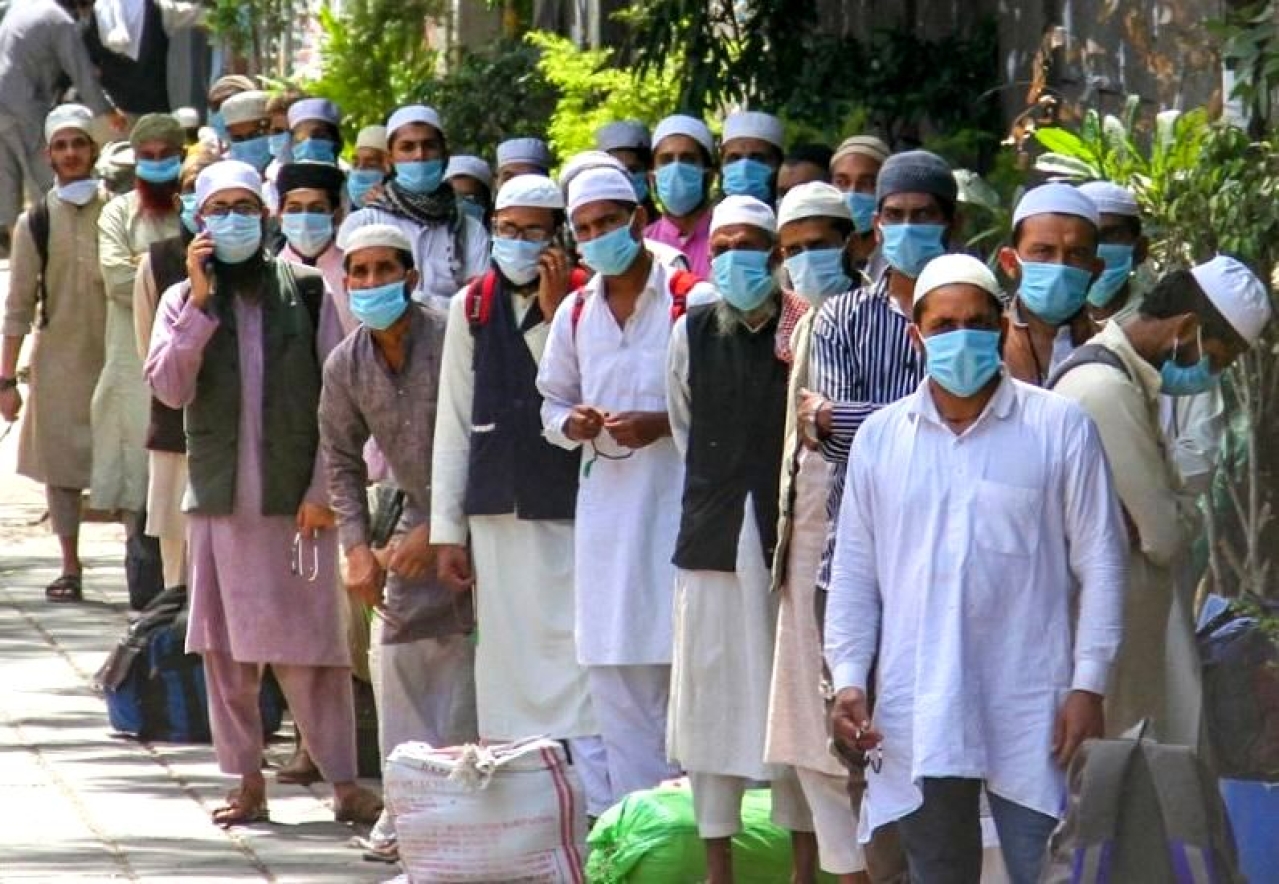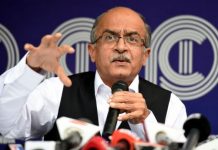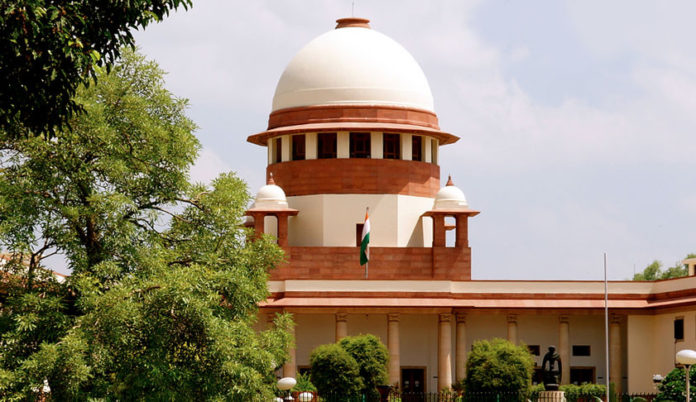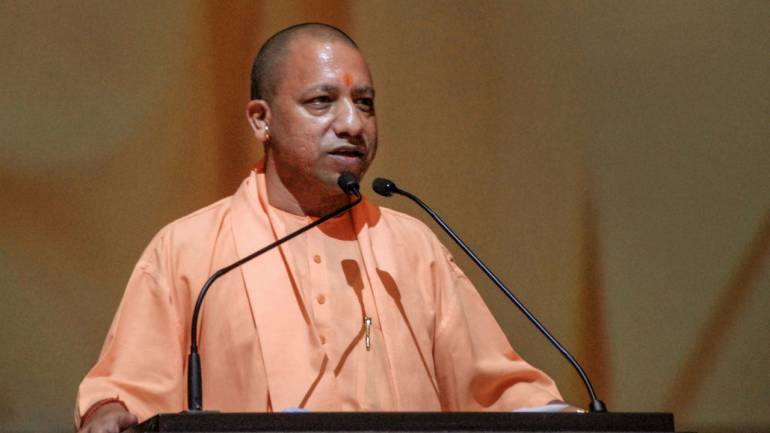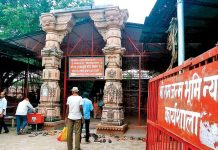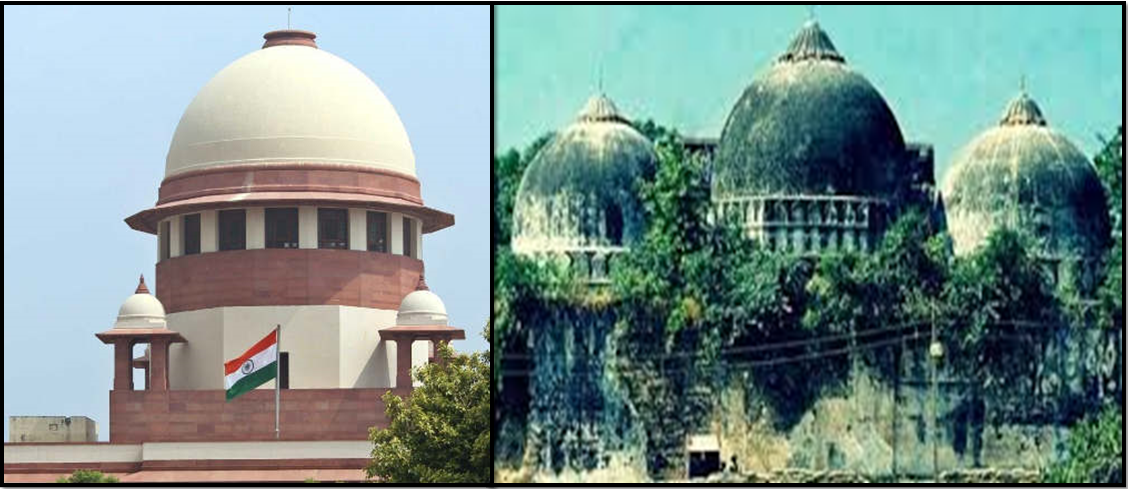
NEWS
The Supreme Court has refused to refer the Ismail Faruqui Case to a larger bench. In the light of this order, here is a brief look at the case.
The New Leam Staff

Supreme Court on Thursday has refused to refer the Ismail Faruqui Case to a larger bench. With 2:1 majority on the verdict, Justice Ashok Bhushan read the judgement on behalf of Chief Justice of India Dipak Mishra and himself. The next hearing on the issue is slated for 29 October 2018 for the time being. The verdict has huge implications in deciding whether a temple could be built where the Babri masjid was razed in Ayodhya in 1922. The Court asserted that it will not review a judgement that came earlier (1994) about whether a mosque is necessary for the practice of Islam.
A series of petitions had compelled the matter to be revived at this point, as the petitioners argued that the verdict would unfairly influence the matter and weaken their claim to the land. They asserted that the verdict which was decades old must be revisited. On the other hand the Hindu petitioners argued that this was an attempt by the minority community to delay the hearings with reference to the main case as they feared that the judgement may go against them. It is assumed that this will benefit the ruling party in its construction of the temple at Ayodhya.
In Dr M Ismail Faruqui vs Union of India case(1994), the Supreme Court stated that a temple, church or a mosque, etc are essentially immovable properties and subject to protection under Article 25 and 26. Every immovable property is liable to be acquired. While offer of prayer or worship is a religious practice, its offering at every location where such prayers can be offered would not be an essential or integral part of such religious practice unless the place has a particular significance for that religion so as to form an essential or integral part thereof.
This means that the SC ruled that offering Namaz at a mosque was not integral to Islam, unless that mosque had any particular significance in Islam. Now this ruling had an important impact on the Babri Masjid Demolition Case where in 1992 the old mosque was demolished by right wing forces for the construction of a Ram Mandir as it was claimed by the religious group that even before the mosque there existed a Hindu temple on that land.
The right wing forces are considering this judgement as a path clearing one in the Ram Janam Bhoomi case as Alok Kumar, VHP President said “I am satisfied that this impediment has been defeated. The way is now clear for the hearing of Ram Janmabhoomi appeals”
Senior Advocate Rajiv Dhawan said “Majority judgement will please majority, minority judgement will please minority. Very problem we started off with hasn’t been resolved. Not about arithmetic, but of convincing everybody that SC should’ve spoken in one voice.”
While the opinion on the verdict is divided but in general there is a need to hear the case with tolerance and neutrality by the Supreme Court.

